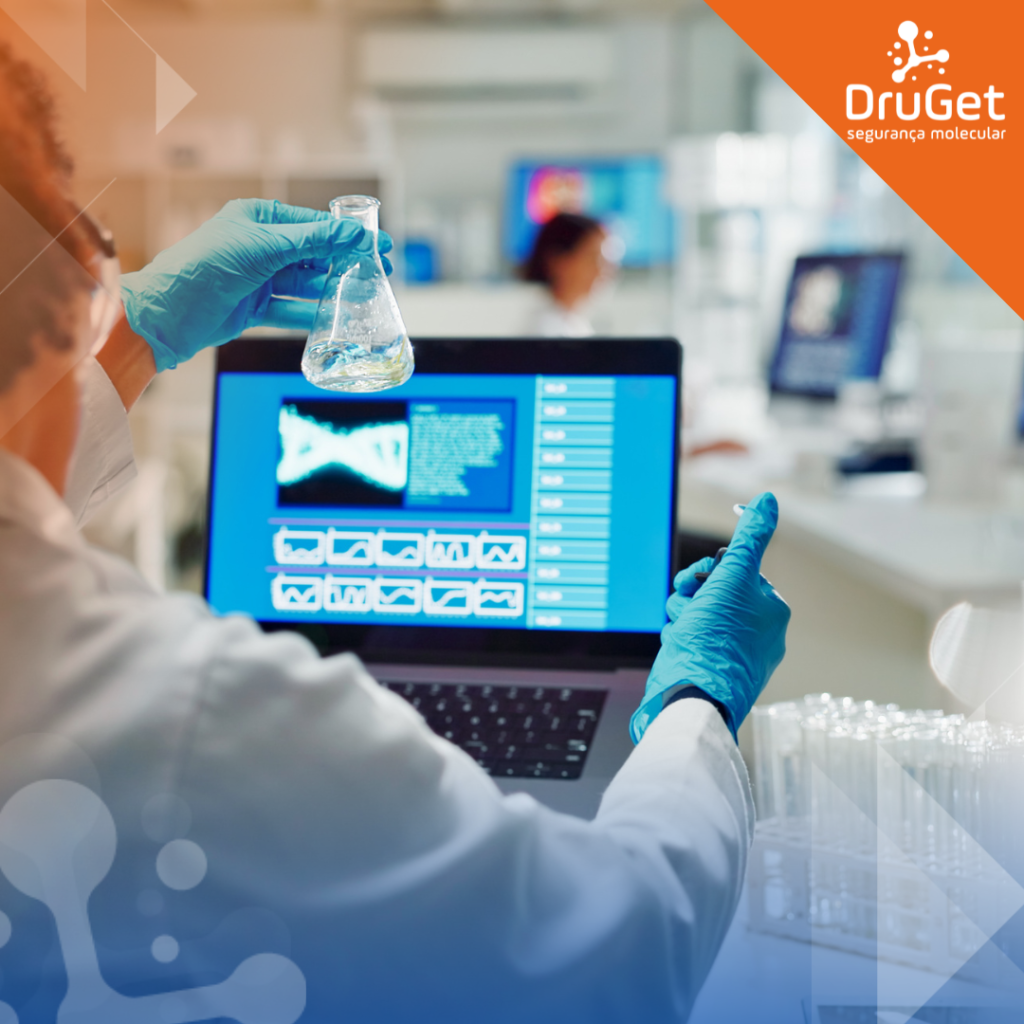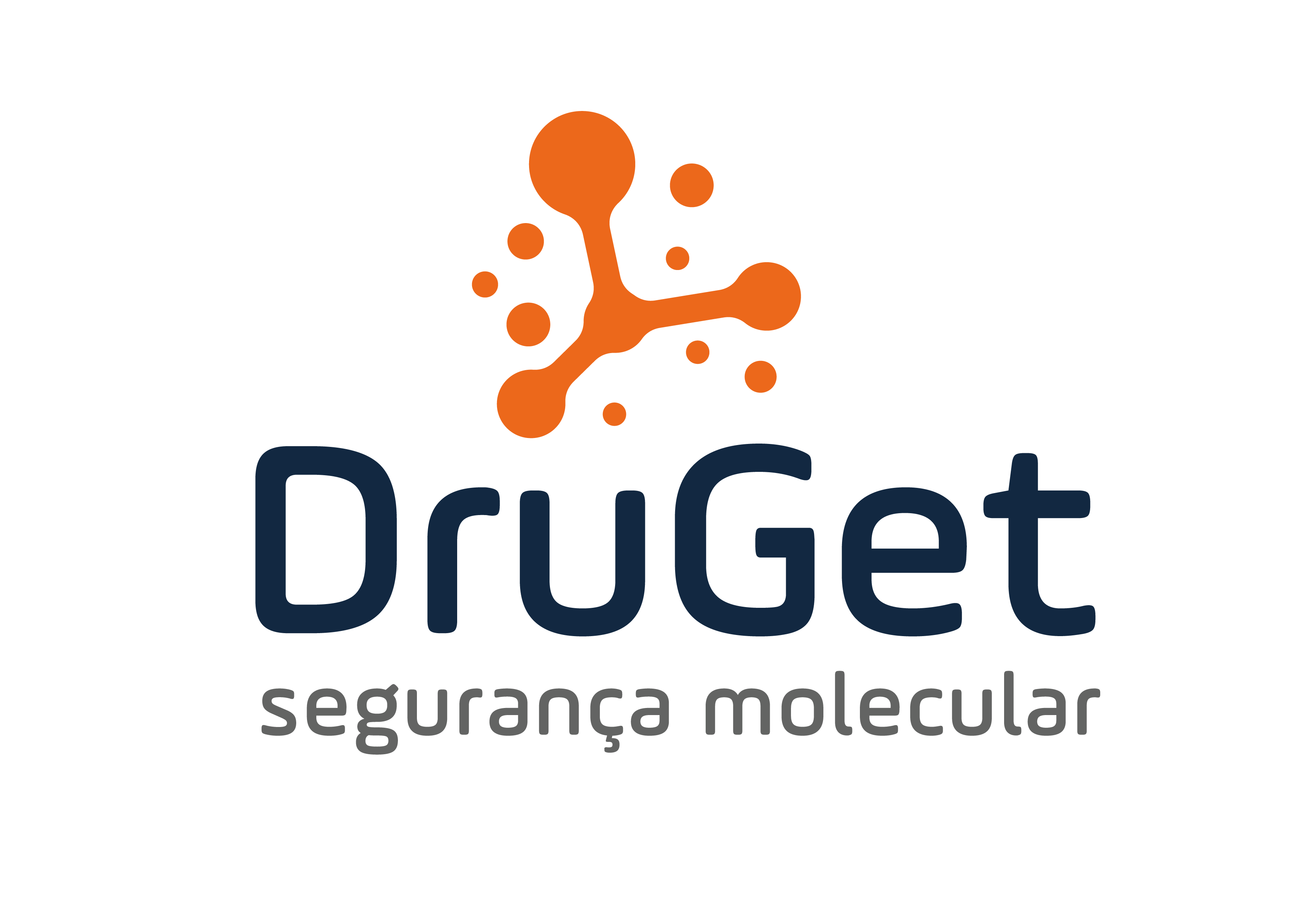Have you ever thought about how technology is transforming medicine? With the exponential growth of biological data comes new opportunities to revolutionize drug discovery and development. In this scenario, bioinformatics and big data are leading this transformation, playing crucial roles in identifying new drug candidates.
The Essential Role of Bioinformatics and Big Data in Drug Discovery and Development
Bioinformatics, which combines biology and information technology, is a powerful tool for dealing with enormous volumes of biological data such as genetic, proteomic and metabolomic sequences. Consequently, this data allows scientists to perform complex analyzes that would previously have been impossible. For example, by sequencing the genome of pathogens or tumor cells, researchers can identify critical mutations responsible for disease progression. This facilitates the development of targeted medicines, which act directly where the disease manifests itself.
While bioinformatics focuses on analysis, big data technologies provide the infrastructure to store, process and analyze large volumes of data. Databases of proteins, small molecules and genomes are just a few examples of this vast ecosystem. The integration of these technologies not only accelerates the identification of new drug candidates but also improves the accuracy of predictions about the efficacy and safety of compounds.
With the help of artificial intelligence and machine learning, big data becomes even more powerful. These systems can detect complex patterns and relationships that would be imperceptible manually, contributing to a more rational and efficient discovery of new treatments.
Personalized Medicine: The New Frontier in Healthcare
In addition to accelerating drug discovery, bioinformatics plays a vital role in personalizing treatments. Identification of genetic variants that influence drug response is essential in precision medicine and pharmacogenetics. This means that, soon, we will not only have new medicines, but also personalized therapies, offering greater efficacy and fewer side effects for patients.
Conclusion
Bioinformatics and big data technologies are not just advanced tools; they are the main drivers of a revolution in pharmaceutical research. With the ability to analyze large volumes of biological data and personalize treatments, these technologies are transforming the future of healthcare.







